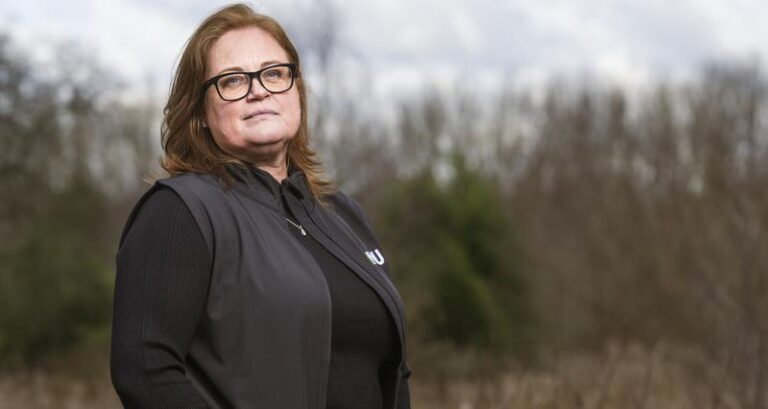The NFU is calling for stronger, long-term action to tackle rural crime, highlighting that years of coordinated efforts between police, farmers and government are starting to make a difference, but must go further to protect farming families across the country.
While the overall cost of rural crime has shown signs of a welcome reduction, new figures highlight worrying rises in the theft of high-value farm vehicles, fuel and livestock. With fly-tipping and dog attacks also still commonplace, the NFU says more must be done to build on this momentum and turn progress into lasting change. These crimes not only hit farmers’ livelihoods and blight the countryside, they also take a deep personal toll on those affected.
Discussions between MPs, farmers, Police and Crime Commissioners and rural crime experts at the NFU’s Summer Reception centred on the importance of cross-sector collaboration, highlighting the critical importance of working together to deliver the NFU’s practical plan of action designed to bring tangible improvements to rural communities.
The NFU called on government and policing bodies to build on the legislative progress it has helped deliver by maintaining and strengthening support for the National Rural Crime Unit, improve funding for rural forces and introduce new legislation to keep pace with changing criminal methods.
NFU Vice-president Rachel Hallos said: “We know that when everyone pulls together – farmers, police, government and local leaders – we can achieve real, practical results.
“Progress on hare coursing, equipment theft and livestock protection, driven by years of dedicated NFU lobbying, show what’s possible. But it mustn’t stop there. Rural crime is still damaging lives and businesses every day, and farmers need to know their concerns are being taken seriously and acted on.
“Our Investment and Innovation Blueprint sets out what is needed: better enforcement, properly funded rural policing and the tools to stop these crimes before they happen.
“Farmers deserve to feel safe in their homes, businesses and fields. Rural crime is not just about property. It’s about lives, livelihoods and the future of British farming.”


